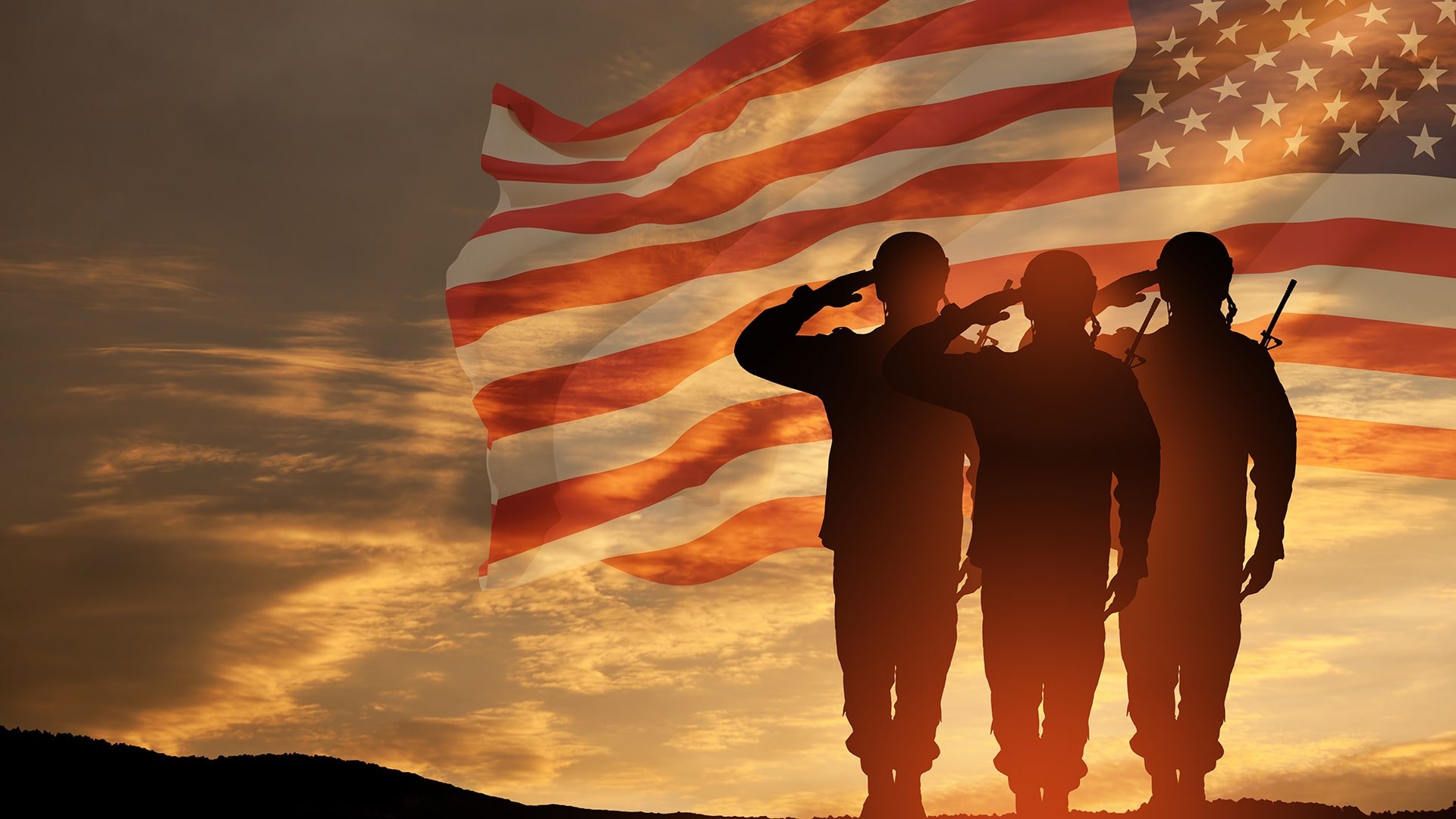Dear Parishioners:
Immaculate Conception by Giovanni Battista Tiepolo (1767–1768)
This year, the Solemnity of the Immaculate Conception is moved to Monday, December 9, due to the precedence of the Second Sunday of Advent on December 8. In the United States, the Solemnity of the Immaculate Conception, our national patronal feast day, remains a holy day of obligation regardless of when its celebration falls on the liturgical calendar.
All Holy Day Masses are on Monday, December 9, as the Sunday Evening 5:00 p.m. Mass is for the Second Sunday of Advent, not the Vigil of the Immaculate Conception. On Monday, there are three Masses for the Holy Day: 7:30 a.m., 9:00 a.m. School Mass, and 7:00 p.m. While there is no Vigil Mass, there is still ample opportunity to get to Mass.
Since the beginning of the Church, the Blessed Virgin Mary has been regarded as the holiest and the most blessed of all disciples. The celebration of the Immaculate Conception began in the 7th century under the title "Conception of Mary by Saint Anne." It was changed to "Immaculate Conception" with the definition of the doctrine in 1854.
The Blessed Mother's Immaculate Conception was the beginning of our salvation and is now one of the central doctrines of our faith. Because of this, we celebrate this Feast Day to highlight our Lady's significant place in salvation history. This Feast is so essential that the Church has raised it to the rank of a Holy Day of Obligation.
Saint Louis-Marie de Montfort teaches: "Since she is the sure means, the direct and immaculate way to Jesus and the perfect guide to him, it is through her that souls who are to shine forth in sanctity must find him. He who finds Mary finds life, that is, Jesus Christ, who is the way, the truth, and the life." Immaculate Mary, pray for us!
Alma Redemptoris Mater window at Abbey Church of Saint Gilles du Gard, Avignon, France.
As we celebrate the great Feast of our Lady, we also sing the beautiful Marian Antiphon Alma Redemptoris Mater at Mass during Advent and the Christmas season as a post-communion meditation. It is sung throughout these seasons until the Feast of the Presentation of Our Lord on February 2.
This antiphon is quite ancient, as most scholars agree that the words were written in the 11th century by the German Monk Hermanus Contractus. Its popularity grew and became so well-known that by the 15th century, the antiphon appeared in Chaucer's Canterbury Tales.
When this antiphon is translated, "alma" is usually translated as "sweet" or "loving." "Alma" is often derived from the Latin verb alere, which means to nourish, feed, rear, nurse, suckle, cherish, support, develop, or foster. These terms speak of the ideal love of a mother who nurses, cherishes, and protects her child with abundant love. The Oxford English dictionary defines "alma mater" as "bounteous mother." An alma mater would be more likely to be a nourishing mother than a sweet or holy one.
The great scholar Dom Prosper Gueranger wrote about the role of the Alma Redemptoris: "It is twofold: it is joy, which the whole Church feels at the coming of the divine Word in the Flesh; and it is admiration of that glorious Virgin, who was made the True Mother of God. There is scarcely a prayer or a rite in the Liturgy of this glad Season, which does not imply these two grand Mysteries: an Infant-God and a Virgin-Mother. Honoring the Son in the Mother testifies to Her holy joy during this season."
The Alma Redemptoris Mater is an excellent prayer for us to pray and reflect upon during Advent and the Christmas Season. It is traditionally recited or sung after night prayer before going to sleep. It invites us to meditate and celebrate the mystery of the Incarnation of our Lord Jesus Christ. The lyrics read:
"Loving mother of the Redeemer, gate of heaven, star of the sea, assist your people who have fallen yet strive to rise again, To the wonderment of nature you bore your Creator, yet remained a virgin after as before, You who received Gabriel's joyful greeting, have pity on us poor sinners."
This week, I am away in Washington, DC, to attend a State Catholic Conference Directors meeting at the U.S. Conference of Catholic Bishops. I return on Sunday evening. Be well. Do good. God Bless. A Blessed Advent! See you at Mass on the Immaculate Conception Holy Day! Mother Mary, pray for us!
























